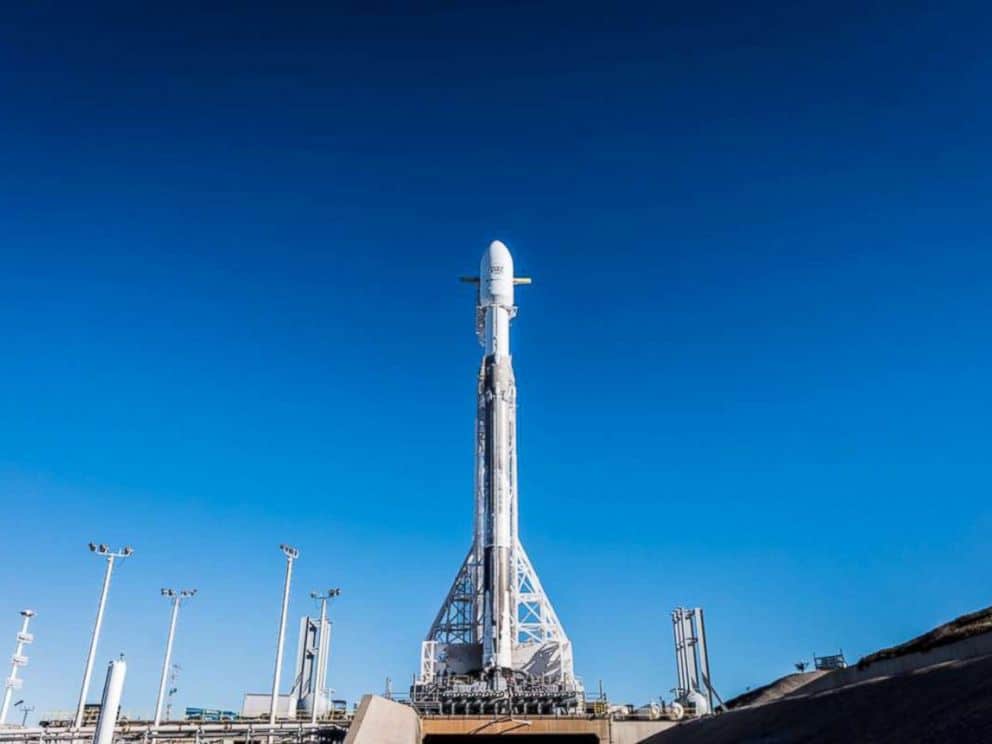
The first test flights to Mars could be ready as soon as the first half of next year, Tesla and SpaceX founder Elon Musk said, but there’s a “good chance you will die.”
“It’s difficult, dangerous, [there’s a] good chance you will die, excitement for those who survive, that kind of thing,” Musk told the South by Southwest conference in Austin, Texas, of his timeline for launching a Mars-bound space vehicle.
His spaceship is being built and the test flights will be short, up-and-down trips, Musk told an audience Sunday, adding that the ship will be fully reusable. He didn’t say how long the flights would be.
With the expectation that the interplanetary ship will be operational next year, Musk discussed the struggle that pioneering travelers may face.
“I think there aren’t that many people that want to go in the beginning because all those things I said are true. But there will be some who will, for whom the excitement of frontier and exploration exceeds the danger,” he added.
Either way, the South African-born engineer conceded, his timeline for launching test flight rockets to Mars is “optimistic.”
But a successful trip to Mars could show companies and other countries that interplanetary travel is possible.
“They currently don’t think it’s possible so that if we show them that it is, then I think that they will up their game and they will build interplanetary transport vehicles, as well,” Musk, 46, said.
With the colonization of a new planet, Musk also predicts an “explosion of entrepreneurial opportunities,” and that life on our neighboring planet would start by building the fundamentals, like a power plant, glass domes for farming and, of course, pizza joints.
“I think Mars should really have great bars,” he added. “A Mars bar”
His comments about Mars came on heels of a successful launch of SpaceX’s Falcon Heavy rocket last month. It was the company’s most powerful, and reusable, rocket yet that helps pave the way for Musk’s goal of getting to Mars.
The reusability of rockets is considered a breakthrough, according to Musk, and it dramatically lowers the marginal cost per flight.
Musk’s ultimate goal, he revealed in September 2016, is to colonize Mars, a feat he hopes to achieve by drastically reducing the cost of spaceflight, which makes his reusable rockets key.
